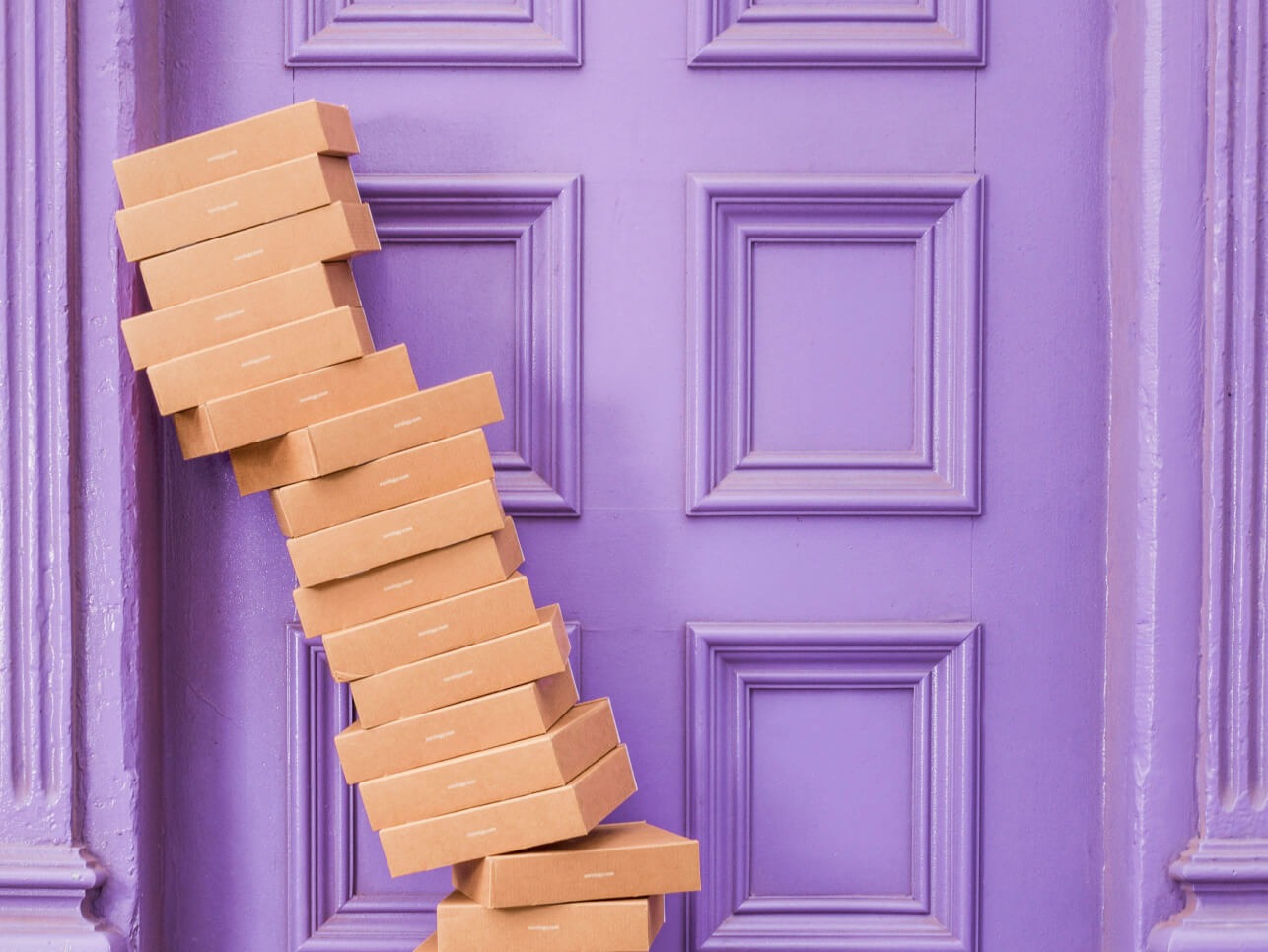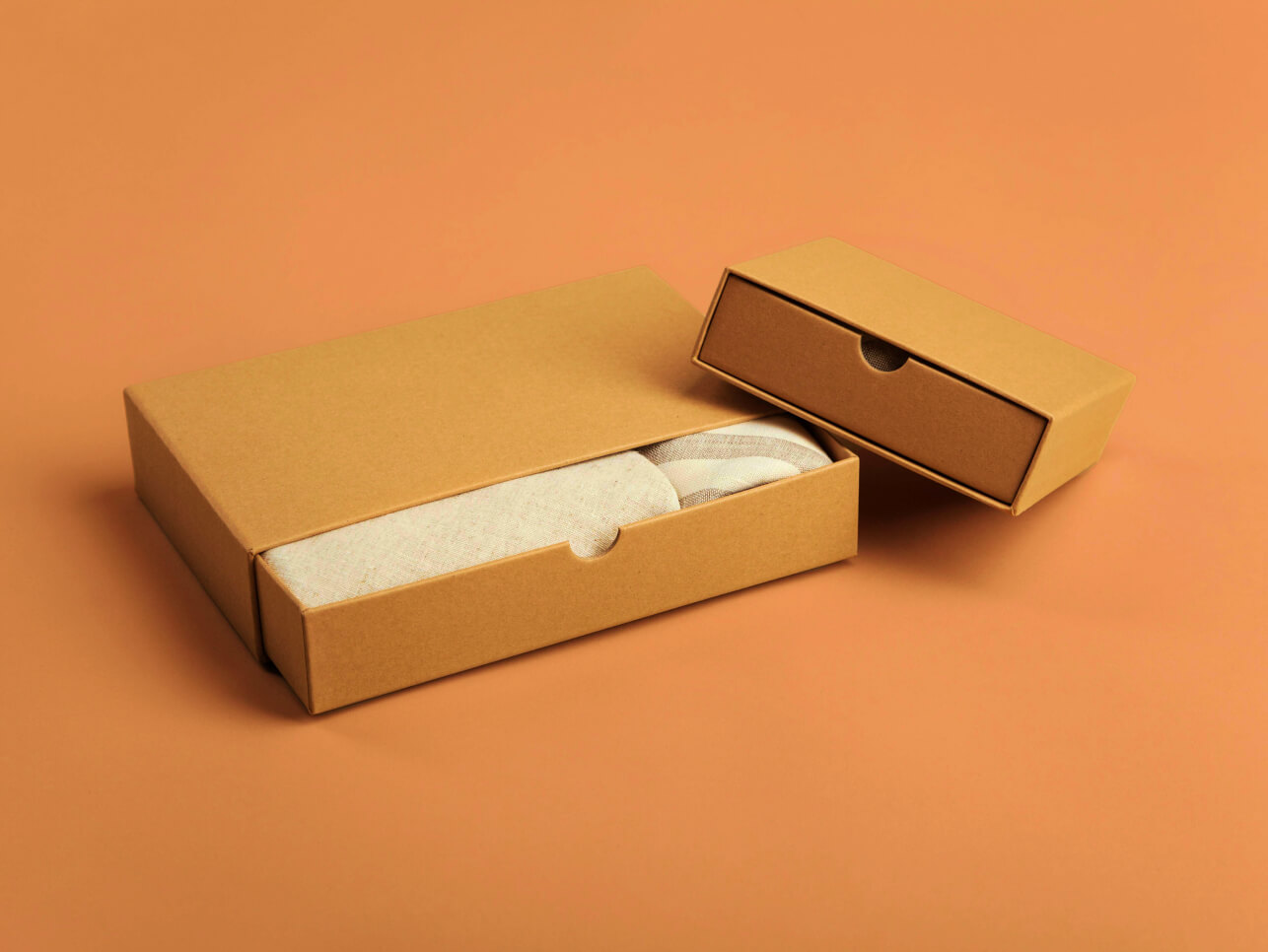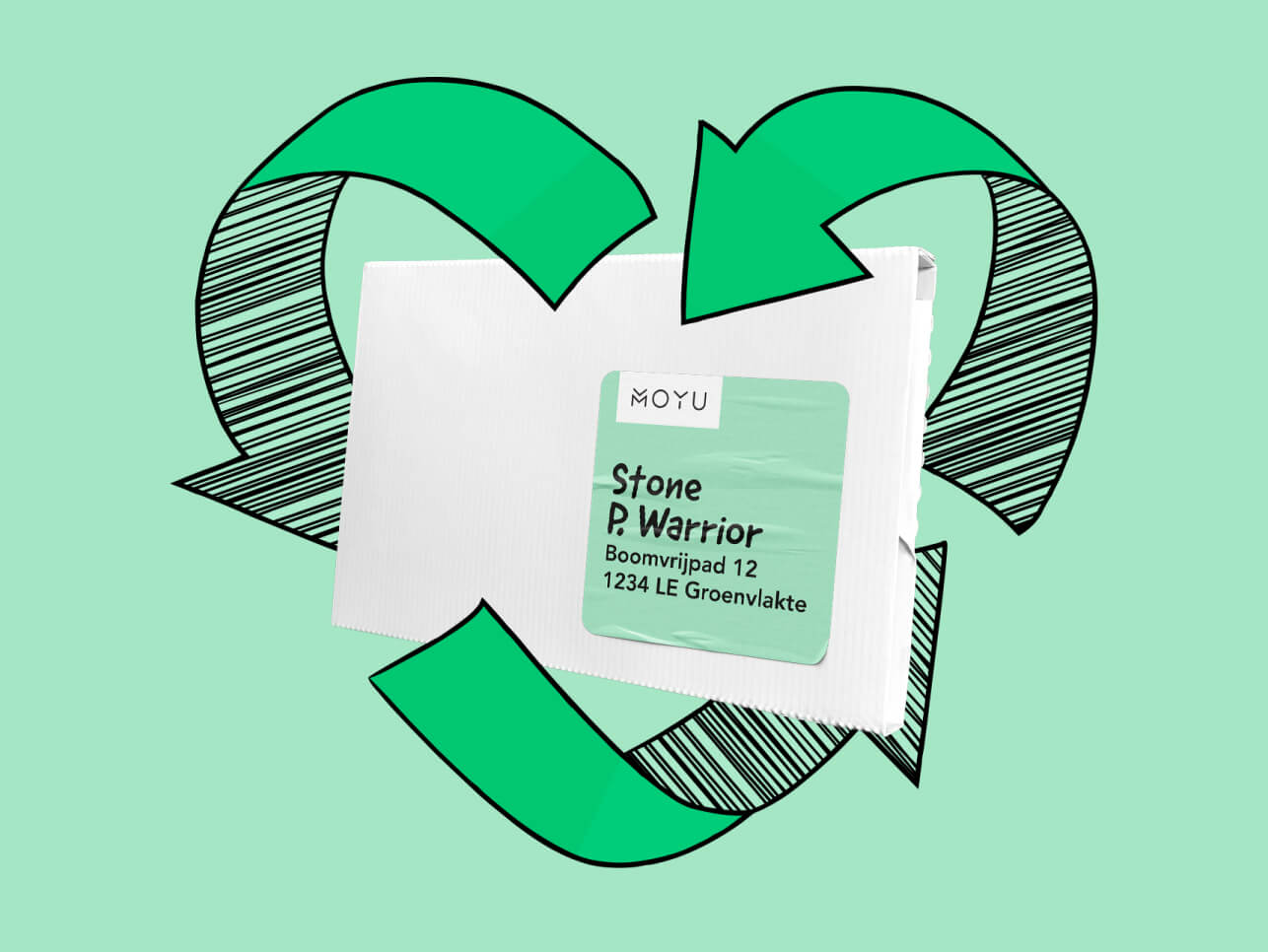A fresh wind is blowing through the European packaging industry. With the arrival of the Packaging and Packaging Waste Regulation (PPWR), the rules of the game for anyone who packages, ships, or sells products are about to change. Adopted in February 2025, this new regulation will apply directly in all EU countries from 12 August 2026. No more fragmented national laws just one unified standard for everyone.
The ambition is big: less waste, no unnecessary packaging, and a fully circular approach. It makes sense, but in practice, it means that businesses will need to rethink their packaging strategy, and do so sooner rather than later.

While the first enforcement date is August 2026, it has already started. Businesses will need to prove that their packaging is functionally necessary, reusable, or fully recyclable. For plastic packaging, minimum recycled content requirements will apply, and over-packaging (think oversized boxes filled with air or extra layers of plastic) will simply be banned.
And that’s just the start. Between 2030 and 2040, the rules will tighten further, with higher recycled content targets and stricter waste reduction goals.
Non-compliance with the PPWR can be costly. In some countries, fines can reach tens of thousands of euros per violation, and in the worst case, your product may be removed from the market. There’s also the risk of reputational damage. Both consumers and business clients are paying closer attention to packaging sustainability, and the expectation is that circular packaging will soon be the norm in many sectors.
For e-commerce, this might be the biggest shift: packaging will need to match the product’s size exactly. No more empty space, no more unnecessary fillers.

The impact is broad but feels slightly different depending on your business model.
For B2C brands, this is a chance to tell your story: how you’re choosing reusable or recyclable materials, and how that helps your customers make more conscious choices. Transparency will become a competitive advantage.
For B2B companies, the main driver is financial. Extended Producer Responsibility (EPR) fees will rise for packaging that is difficult to recycle and drop for circular designs. On top of that, large buyers are increasingly setting sustainability requirements for their suppliers.
Yes, the transition takes time and money. You may need to design new packaging, adjust logistics processes, and find new suppliers. But the long-term benefits are real: less material use, smaller packaging volumes, lower shipping costs, and reduced EPR fees. So it’s not just about compliance, it’s also about building a leaner, more efficient business.
At MOYU, we understand how challenging it can be to make packaging sustainable without compromising on quality or customer experience. That’s why we developed the Stonepacker: a reusable e-commerce shipping box made from corrugated stone paper, inspired by the woodpecker, referring to a tree, which was the old and traditional way of packaging (pulp).

The Stonepacker can be reused dozens of times, is water-repellent, tear-resistant, and fully recyclable without fibre loss (since there are no fibers). Soon we will have different sizes, and by that, it’s made to fit your product precisely, over-packaging becomes a thing of the past, exactly what the PPWR will soon require.
The Stonepacker easily integrates into your webshop and gives the consumer the choice to choose reusable packaging. Within a few clicks you can be live and you are ready to go!
With the Stonepacker, you don’t just meet the new regulations, you show that you embrace circular innovation. That’s good for the environment, good for your customers, and ultimately, good for your bottom line.